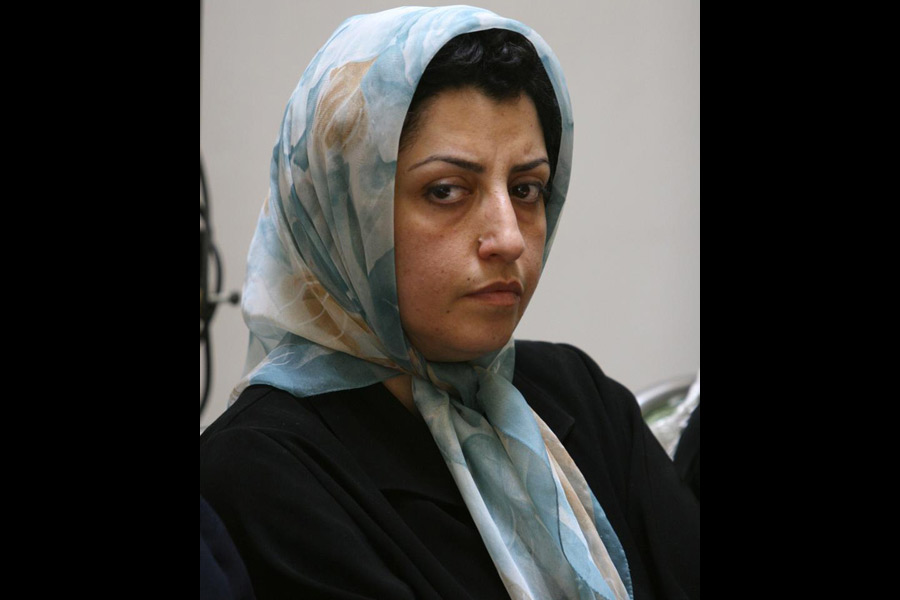Several structural gaps have been observed in the country’s juvenile justice system with over 50,000 children in conflict with the law awaiting justice, according to the India Justice Report (IJR).
Juvenile boards are yet to deliver orders on over half of the cases before them, and 24 per cent of the boards are functioning without a full bench, the IJR says.
Apart from the slow-moving justice system, the report also flags structural gaps like weak information systems, under-inspected homes and wide state-level disparities that continue to afflict justice delivery to juveniles.
Around 55 per cent of 1,00,904 cases before the juvenile justice boards (JJBs) are pending, with pendency ranging from 83 per cent in Odisha to 21 per cent in Mizoram. Bengal has 72 per cent pending cases, fourth among 14 states and two Union Territories.
The study was conducted based on a report submitted by 362 JJBs in these 14 states and Union Territories, Delhi and Jammu and Kashmir. The findings show that 92 per cent of the country’s 765 districts have constituted JJBs but one in four boards operates without a full bench.
As of now, 707 boards are functioning across the country and it is mandatory under the Juvenile Justice (Care and Protection of Children) Act, 2015, that every district has at least one fully constituted JJB. The IJR said that according to reports received from 470 of 707 boards, 24 per cent were found to be functioning without a full bench.
The rule says that every JJB must consist of a principal magistrate and two social workers, with one of the social workers a woman. According to Crime in India data 2023, around 40,036 juveniles were apprehended in 31,365 cases under the IPC and special laws, with three-fourths of them aged between 16 and 18.










